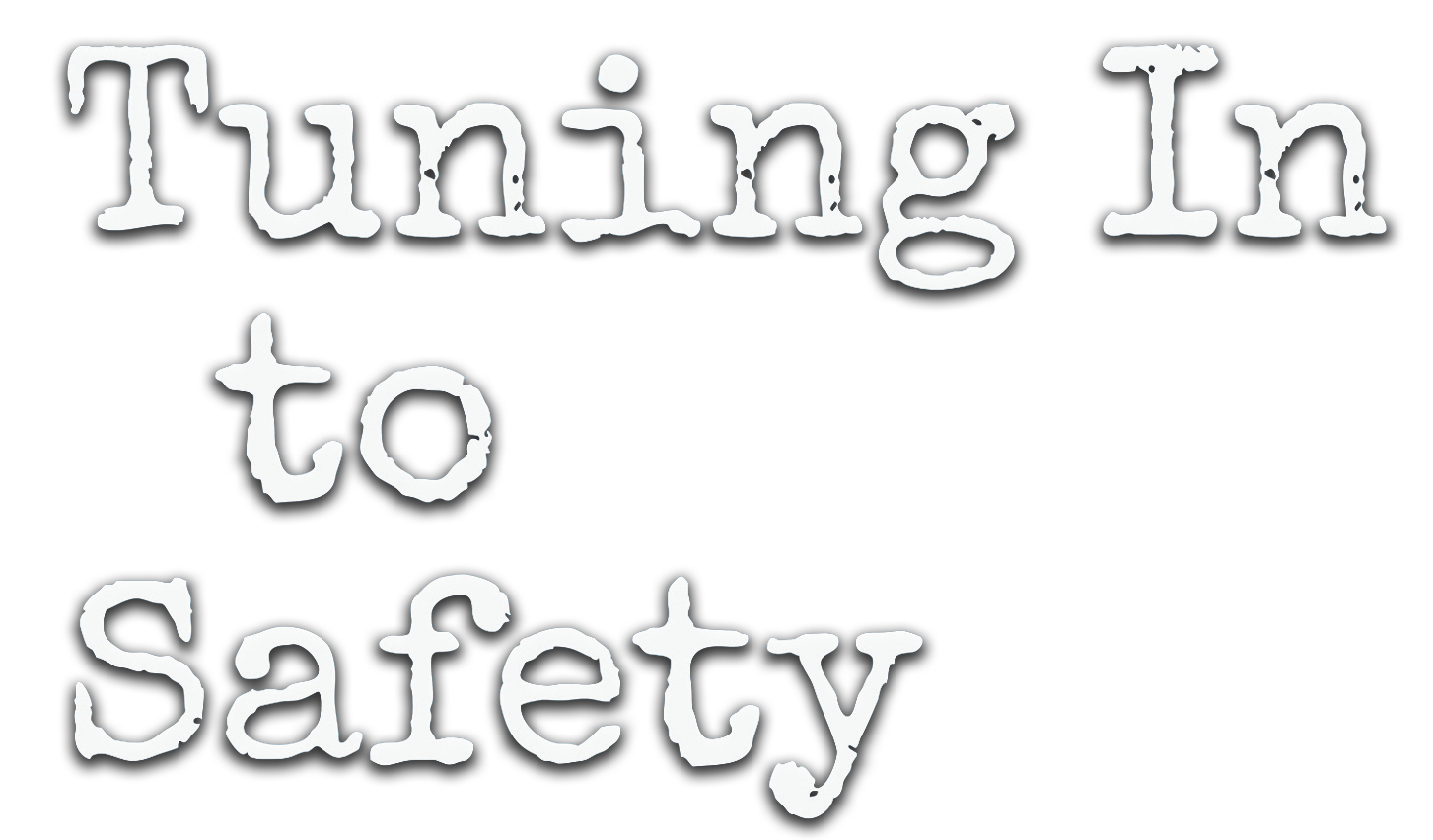Safety and the Inductivist Turkey
During daily work routines, the natural progression in human thinking is to assume that whatever happens today will continue to play out the exact same way in the future. While the effect varies from person to person, it only takes a short series of identical events for our minds to conclude that the end result will never change. This dynamic leads workers to stop asking “what could go wrong?” and contributes to many safety incidents where a variable changed unexpectedly, leading to a workplace injury or fatality.
It is interesting to note that this mode of thinking has been described in the world of science and philosophy. Inductivism is a strain of scientific reasoning where an observer draws conclusions based on a number of similar events. If a pattern becomes clear, the observer proposes a modest law to describe the phenomenon. This law could then be made bolder if the pattern continues to hold true. An industrial example of inductive reasoning would be “our company has not had a crane collapse, therefore, we will never have a crane collapse.”
Inductivism was first proposed by Francis Bacon in 1620, and there have been many rebuttals to his ideas since that time. One famous critic of inductivism was Bertrand Russell, a British intellectual whose arguments inspired the analogy of a turkey growing up on a farm. The young turkey observed, over time, that he was fed every day at 9 AM by the farmer. It didn’t matter if it was raining, snowing, or the sun was shining, he had always been fed at the same time and he concluded that the pattern would never vary. He was correct, until a variable changed on Thanksgiving Day. That morning, the turkey wasn’t fed at 9 AM and instead became dinner for the farmer and his family.
My point is this: we are all inductive thinkers by our very nature. Inductive thinking is the basis for complacency, and all humans are subject to the failures that are inherent to that approach to work practice. Left to our own devices, our work habits default to “I’ve done this a thousand times” or “we’ve always done it this way,” as opposed to recognizing that we might have just been lucky and we need to start looking for better, safer solutions.
Accountability is key to being freed from inductive thinking in the workplace:
Care enough about your coworkers that you are willing to challenge them regarding unsafe work practices. This goes for everyone on the company org chart.
Understand that caring for your coworkers is equivalent to caring for yourself. You need each other to stay safe.
Recognize that despite the fact that your shortcut might have worked in the past, it may not always work.
Think carefully about how you respond to someone who approaches you with a safety concern. Even if they are wrong, talk to them about the situation and make them feel like they did you a favor that day.
For more information on these and other ideas regarding workplace safety, go to www.tuningintosafety.com. Tuning In to Safety is a book written for all employees in an organization, and is available on Amazon in paperback, eBook, and audiobook formats.

